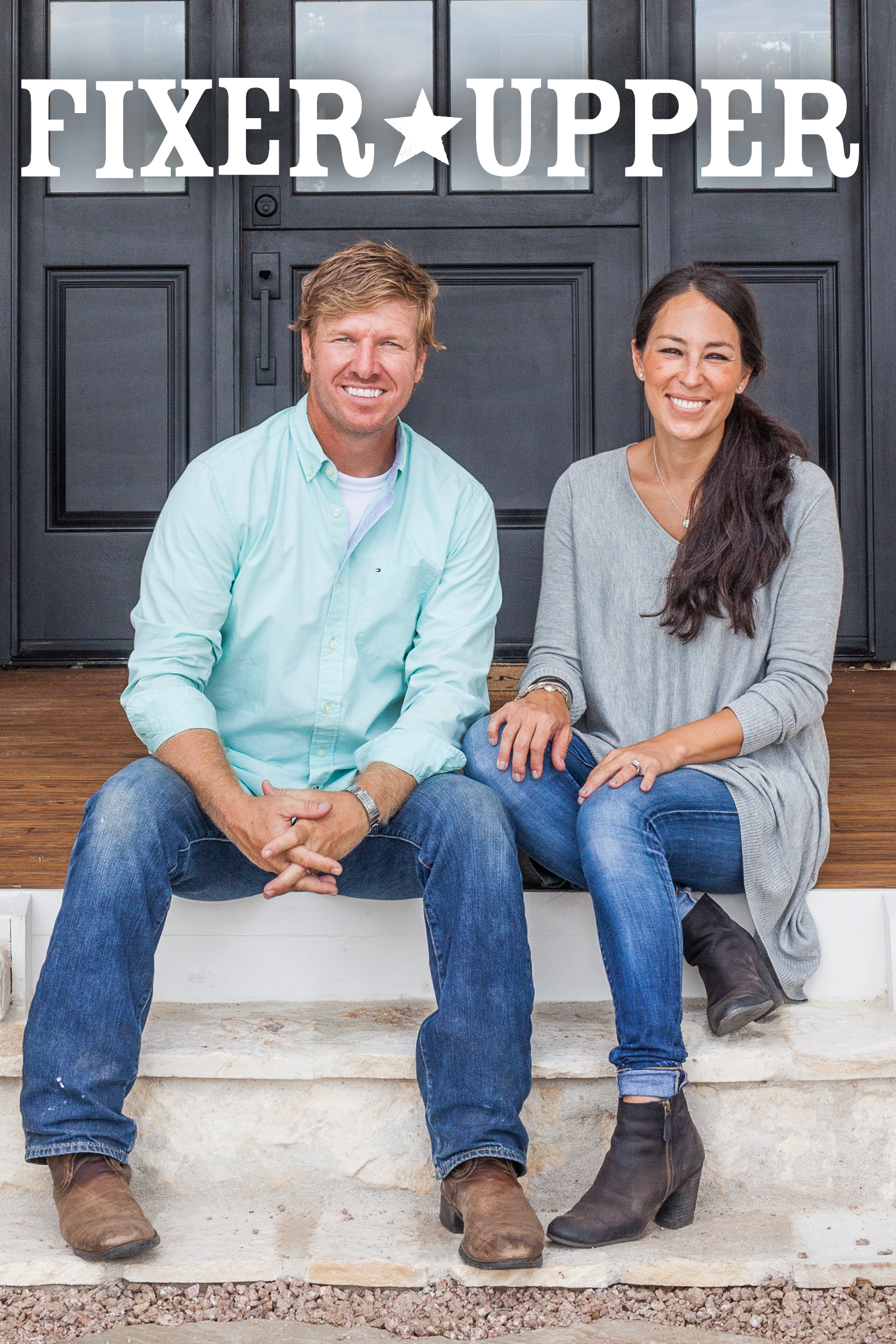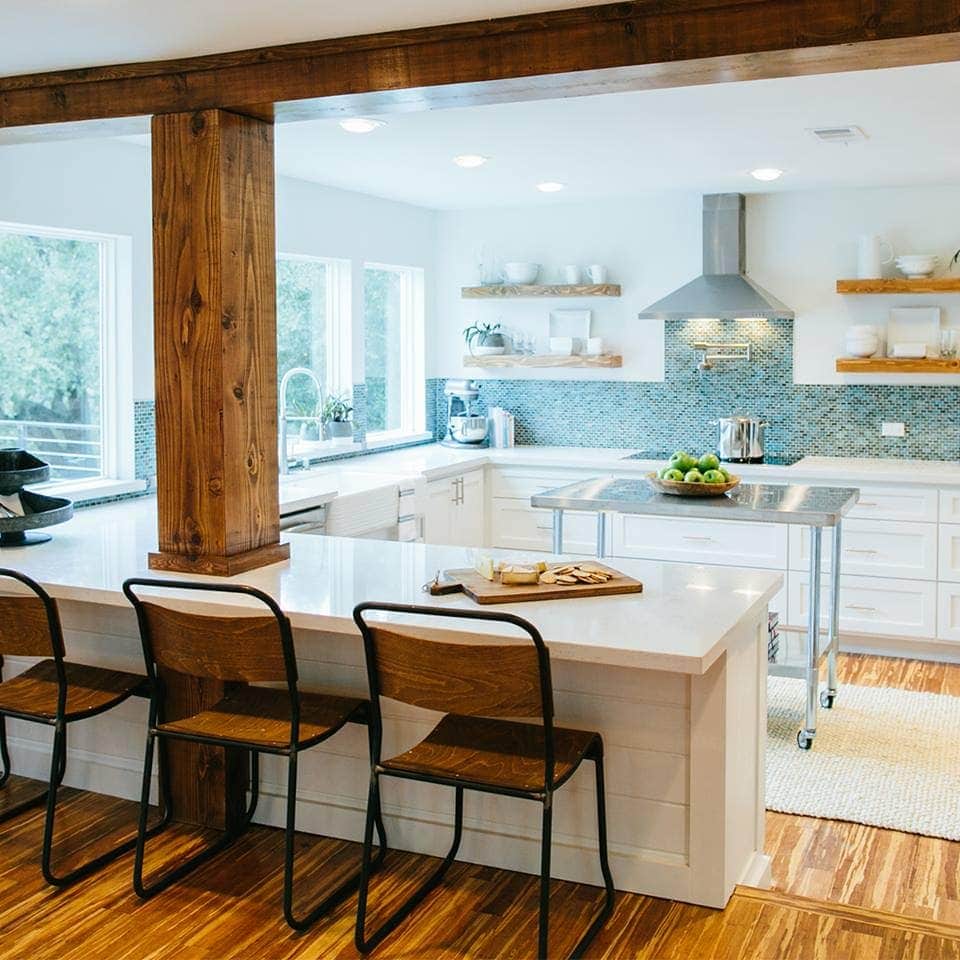Fixer Upper: The Ultimate Guide To Transforming Your Dream Home
Ever wondered what it takes to turn an old, run-down house into your dream home? Fixer upper projects have taken the world by storm, thanks to shows like "Fixer Upper" starring Chip and Joanna Gaines. But there's more to this trend than just pretty aesthetics. Fixer upper homes offer incredible opportunities for investment, personal satisfaction, and creative expression. Whether you're a first-time homeowner or a seasoned renovator, understanding the ins and outs of fixer upper projects can change your life. So, buckle up because we're diving deep into everything you need to know!
If you've ever scrolled through social media or binge-watched home renovation shows, chances are you've come across the term "fixer upper." It's not just about buying a house that needs work; it's about creating something beautiful from scratch. Think of it as a DIY masterpiece waiting to happen. But before you grab your hammer and nails, there's a lot to consider. From budgeting to design choices, every step counts in making your fixer upper project a success.
Now, let's be real. Fixer upper homes aren't for everyone. They require patience, dedication, and sometimes, a lot of elbow grease. But if you're willing to put in the effort, the rewards can be life-changing. Not only do you get a home tailored to your taste, but you also gain valuable skills along the way. So, whether you're dreaming of a rustic farmhouse or a modern urban oasis, this guide is here to help you navigate the world of fixer upper renovations.
Read also:The Real Story Behind Megan Is Missing
What Exactly is a Fixer Upper?
Let's start with the basics. A fixer upper is essentially a property that needs repairs, updates, or renovations to reach its full potential. These homes often come at a lower price point compared to move-in-ready properties, making them an attractive option for buyers looking to save money upfront. But don't let the bargain price fool you. Fixer upper homes require careful planning and execution to avoid costly mistakes down the line.
Here's the deal: fixer upper homes can range from minor cosmetic updates to major structural overhauls. Some might need a fresh coat of paint and new flooring, while others could involve replacing entire systems like plumbing and electrical. The key is to assess the property's condition thoroughly before diving in. This way, you can set realistic expectations and avoid unnecessary surprises.
Why Choose a Fixer Upper?
There are plenty of reasons why fixer upper homes are gaining popularity. For starters, they offer incredible value for money. By purchasing a property below market value, you can potentially increase its worth significantly after renovations. Plus, you get the chance to customize every aspect of your home, from the color of the walls to the layout of the kitchen. It's like building your dream house without starting from scratch.
Another advantage is the sense of accomplishment that comes with completing a fixer upper project. Watching a dilapidated house transform into a stunning home is incredibly rewarding. And let's not forget the financial benefits. With property values on the rise, investing in a fixer upper can be a smart move for long-term wealth building.
Key Considerations Before Buying a Fixer Upper
Before you jump into buying a fixer upper, there are a few things you need to consider. First and foremost, assess your budget. Renovations can get expensive quickly, so it's important to have a clear understanding of how much you're willing to spend. Don't forget to factor in unexpected costs, as they're almost inevitable in any home renovation project.
Another crucial factor is location. Even the best renovations won't matter if the property is in an undesirable area. Look for neighborhoods with good schools, low crime rates, and access to amenities. This will not only increase your home's value but also improve your quality of life.
Read also:Yos Bollywood Download Your Ultimate Guide To Bollywood Hits
Assessing the Property's Condition
When evaluating a fixer upper, it's essential to look beyond the surface. Sure, peeling paint and outdated fixtures might seem like easy fixes, but what about the things you can't see? Structural issues, faulty wiring, and plumbing problems can be costly and time-consuming to repair. That's why hiring a professional home inspector is a must before making an offer.
Here's a quick checklist of things to look out for:
- Foundation stability
- Roof condition
- Electrical systems
- Plumbing
- Heating and cooling systems
Financing Your Fixer Upper
Once you've found the perfect fixer upper, it's time to figure out how to pay for it. Traditional mortgages might not cover the cost of renovations, so you'll need to explore other financing options. One popular choice is an FHA 203(k) loan, which allows you to finance both the purchase and renovation of a property. Another option is a home equity line of credit (HELOC), which lets you borrow against the equity in your current home to fund the project.
If you're looking for more creative financing solutions, consider crowdfunding platforms or partnering with investors. Just remember to weigh the pros and cons of each option carefully. The last thing you want is to end up in financial trouble because you didn't plan ahead.
DIY vs. Hiring Professionals
Now that you've secured funding, it's time to decide whether to tackle the renovations yourself or hire professionals. While DIY projects can save you money, they also require time and expertise. If you're not experienced in construction, it might be better to leave certain tasks to the experts. After all, cutting corners on important systems like plumbing and electrical can lead to serious problems later on.
Here's a breakdown of when to DIY and when to hire:
- DIY: Painting, flooring installation, light fixture replacement
- Hire: Electrical work, plumbing, foundation repairs, roofing
Designing Your Dream Fixer Upper
One of the most exciting parts of a fixer upper project is designing your dream home. Whether you're going for a modern minimalist look or a cozy farmhouse vibe, the possibilities are endless. Start by identifying your style preferences and creating a mood board to keep everything organized. This will help you stay focused and ensure that all design elements work together harmoniously.
When it comes to layout, think about how you want to use each space. Do you need an open-concept kitchen or a dedicated home office? Prioritize functionality while keeping aesthetics in mind. Remember, the goal is to create a home that reflects your personality and meets your needs.
Maximizing Space and Functionality
Space optimization is key in any fixer upper project. Even if your home is on the smaller side, there are ways to make it feel spacious and functional. Consider incorporating built-in storage solutions, such as under-stair shelving or Murphy beds. These clever designs can save valuable floor space without sacrificing style.
Another tip is to use multifunctional furniture. For example, a sofa bed can serve as both seating and guest accommodation, while a dining table with built-in storage can double as a workspace. By thinking outside the box, you can make the most of every inch of your home.
Common Challenges in Fixer Upper Projects
No fixer upper project is without its challenges. From budget overruns to unexpected delays, there are plenty of obstacles that can arise along the way. The key is to stay calm and flexible, adjusting your plans as needed to keep the project moving forward.
One common issue is underestimating the scope of work. What might seem like a simple fix could turn into a much bigger job once you start tearing things apart. That's why it's important to have a contingency plan in place. Allocate at least 10-20% of your budget for unexpected expenses and be prepared to pivot if things don't go as planned.
Staying Motivated Throughout the Process
Rome wasn't built in a day, and neither will your fixer upper. Renovations can be long and grueling, especially if you're tackling them yourself. To stay motivated, break the project into smaller, manageable tasks. Celebrate each milestone, no matter how small, to keep your spirits up.
Surrounding yourself with a support system is also crucial. Whether it's friends, family, or fellow renovators, having people to lean on can make all the difference. Join online communities or local groups to connect with others who share your passion for home improvement.
Maximizing Your Fixer Upper's Value
Once your fixer upper is complete, it's time to think about its value. Whether you're planning to sell or stay, increasing your home's market worth should be a priority. Start by focusing on high-impact upgrades that appeal to a wide range of buyers. Kitchen and bathroom renovations are usually at the top of the list, followed by curb appeal improvements like landscaping and exterior paint.
Don't forget about energy efficiency. Installing energy-saving features like solar panels or smart thermostats can boost your home's appeal and reduce utility costs. Plus, many buyers are now looking for eco-friendly options, so this could be a major selling point.
Marketing Your Fixer Upper
If you're planning to sell your fixer upper, effective marketing is key. Start by staging your home to highlight its best features. Use professional photos and virtual tours to give potential buyers a clear picture of what your home has to offer. Social media platforms like Instagram and Pinterest are also great tools for showcasing your renovations and attracting interest.
When writing your listing description, emphasize the unique aspects of your home. Highlight any custom features or upgrades that set it apart from other properties in the area. And don't forget to mention the neighborhood's amenities and proximity to key attractions. These details can make all the difference in attracting the right buyers.
Final Thoughts: Is a Fixer Upper Right for You?
Fixer upper projects are no small undertaking, but the rewards can be life-changing. From creating your dream home to building long-term wealth, there are countless reasons to consider this path. Just remember to do your research, plan carefully, and stay flexible throughout the process.
So, are you ready to take the plunge? Whether you're a seasoned renovator or a first-time homeowner, the world of fixer upper homes offers endless possibilities. Share your thoughts and experiences in the comments below, and don't forget to check out our other articles for more home improvement tips and tricks. Happy renovating!
Table of Contents
- What Exactly is a Fixer Upper?
- Why Choose a Fixer Upper?
- Key Considerations Before Buying a Fixer Upper
- Financing Your Fixer Upper
- Designing Your Dream Fixer Upper
- Common Challenges in Fixer Upper Projects
- Maximizing Your Fixer Upper's Value
- Marketing Your Fixer Upper
- Final Thoughts: Is a Fixer Upper Right for You?


